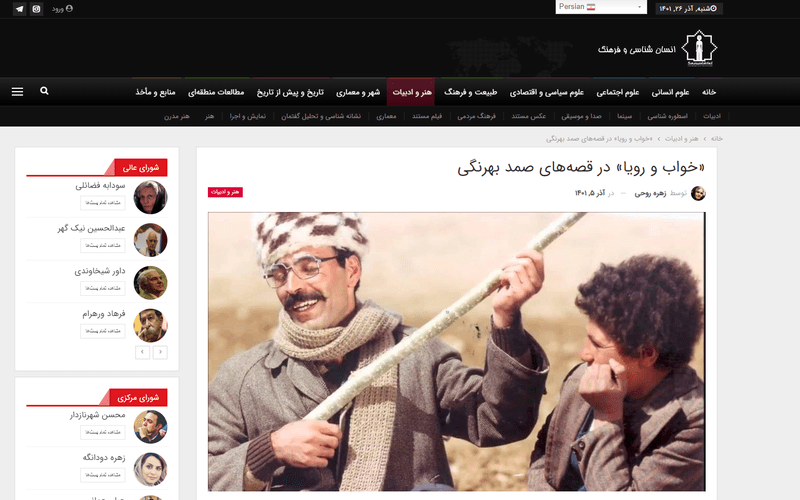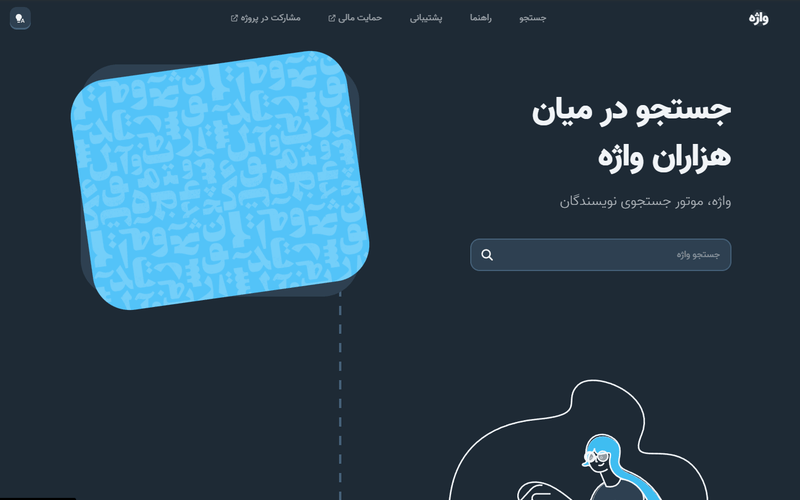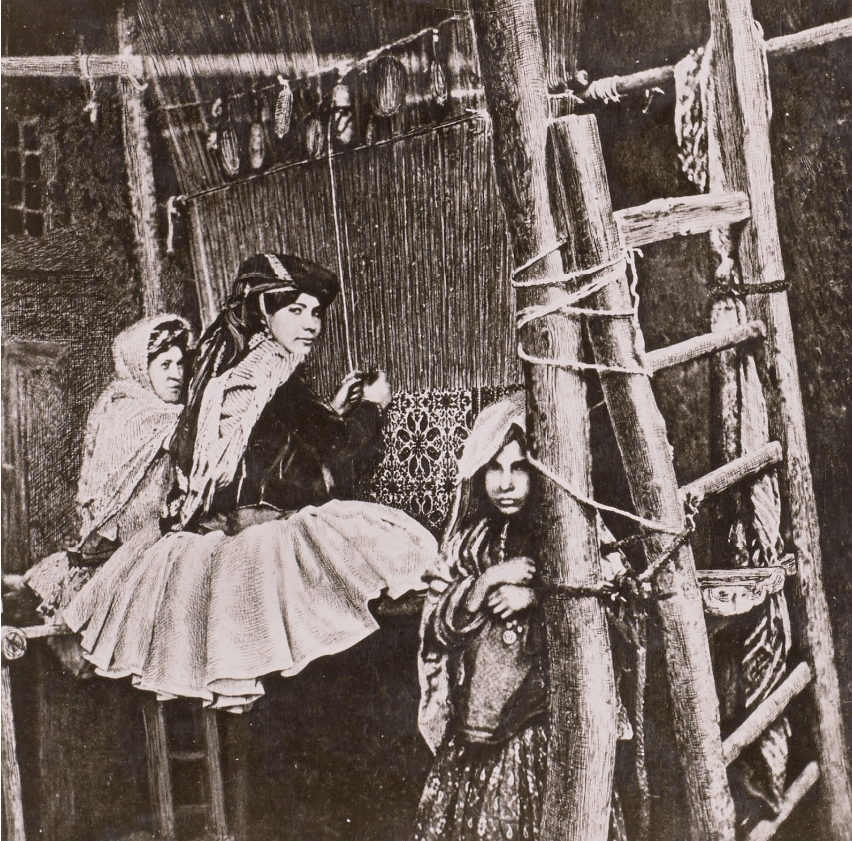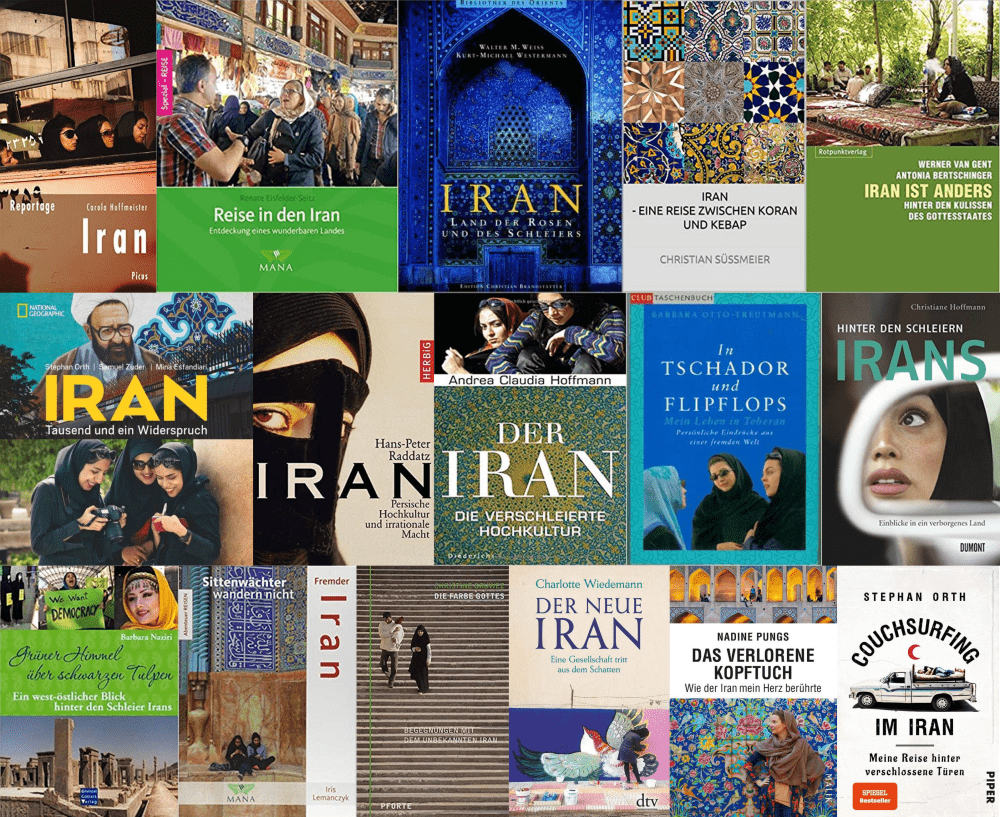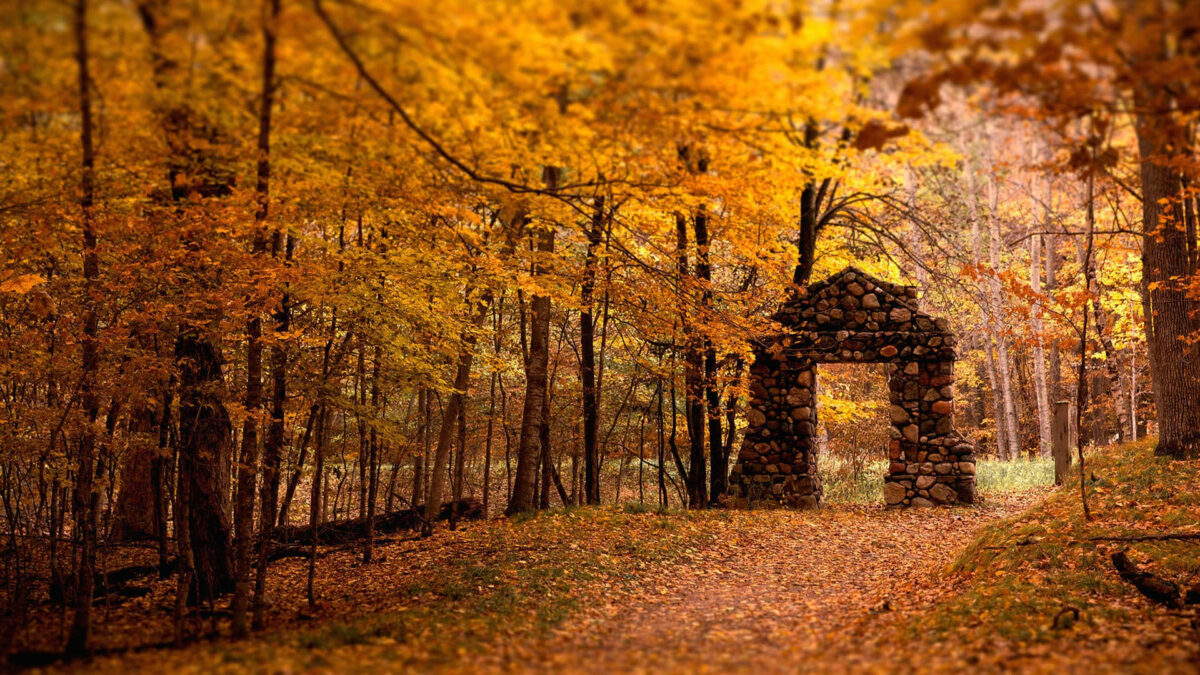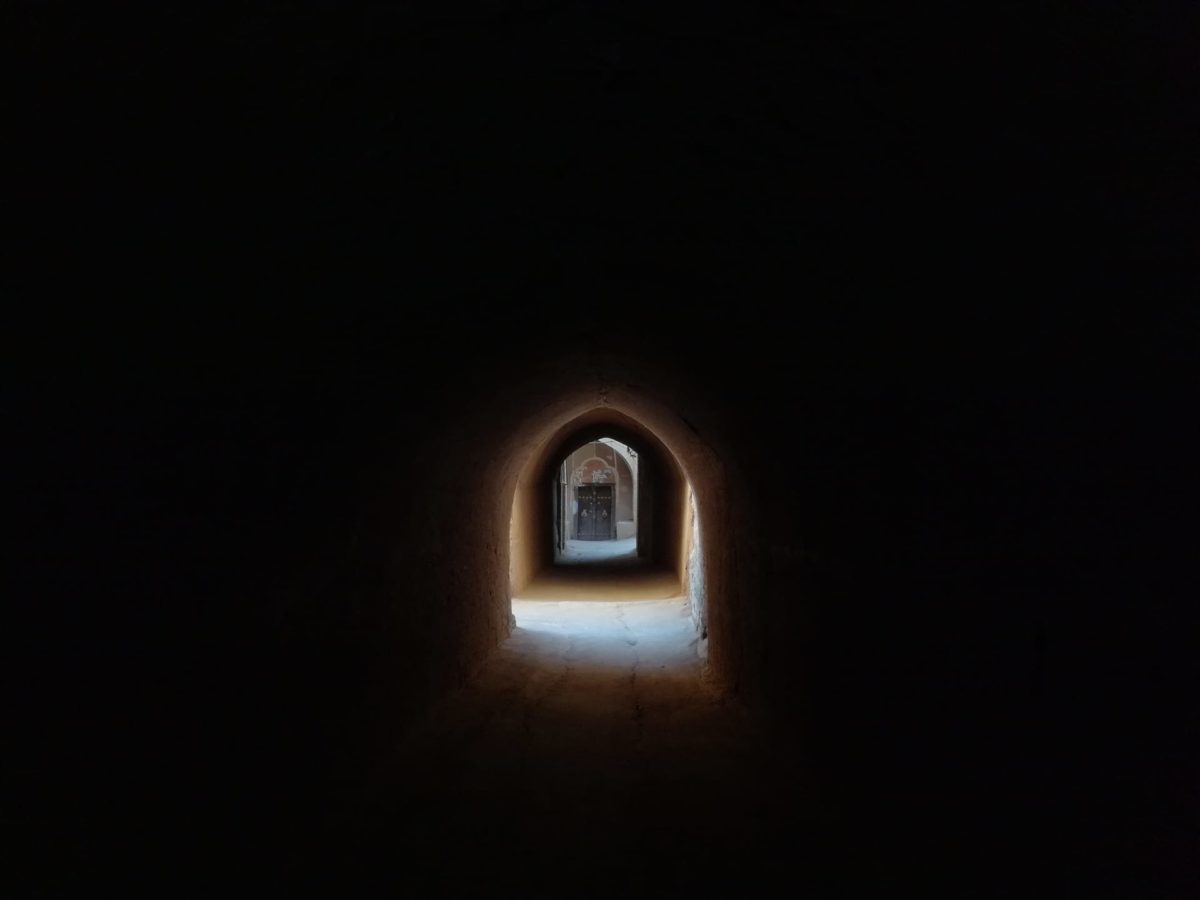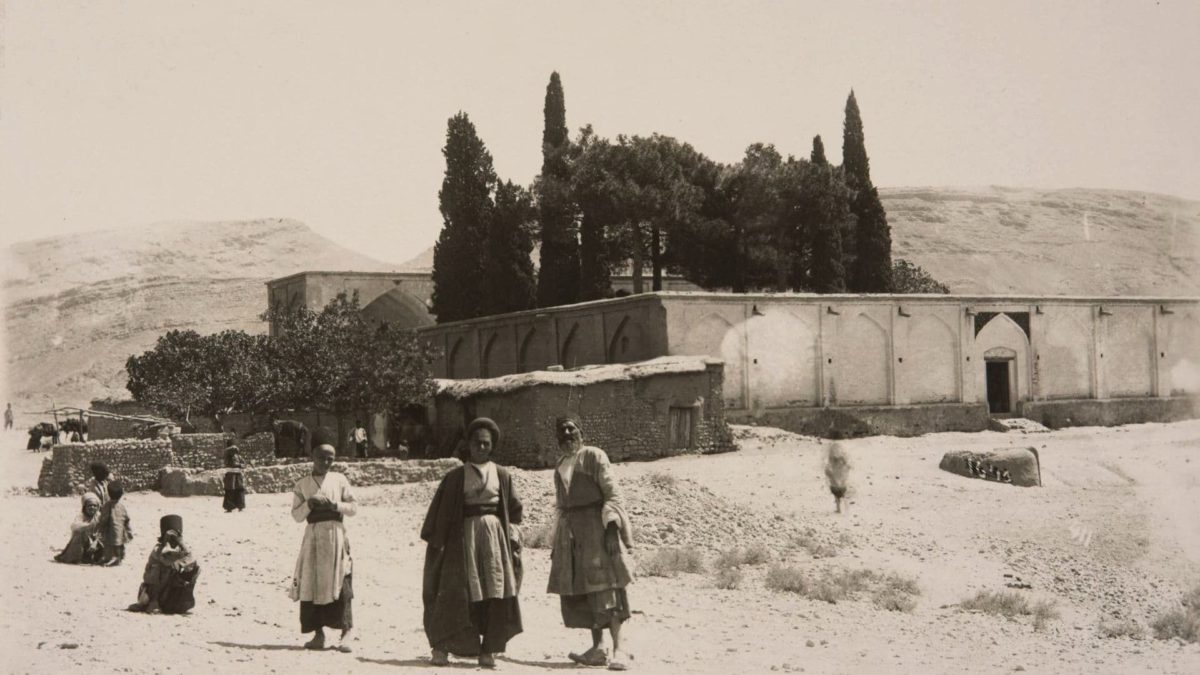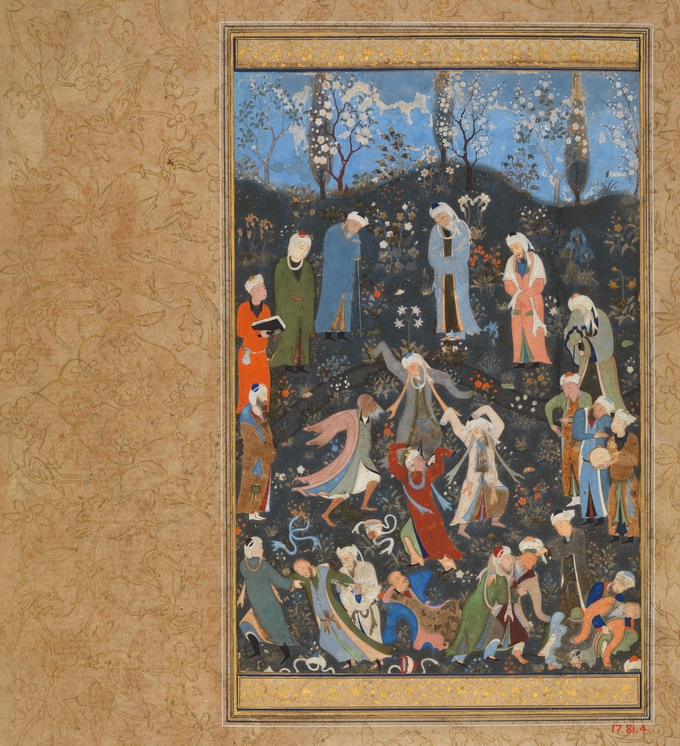Welcome to the Digital Toolbox for Iranian Studies and related fields, a weekly updated research repository that currently lists 849 digital resources.
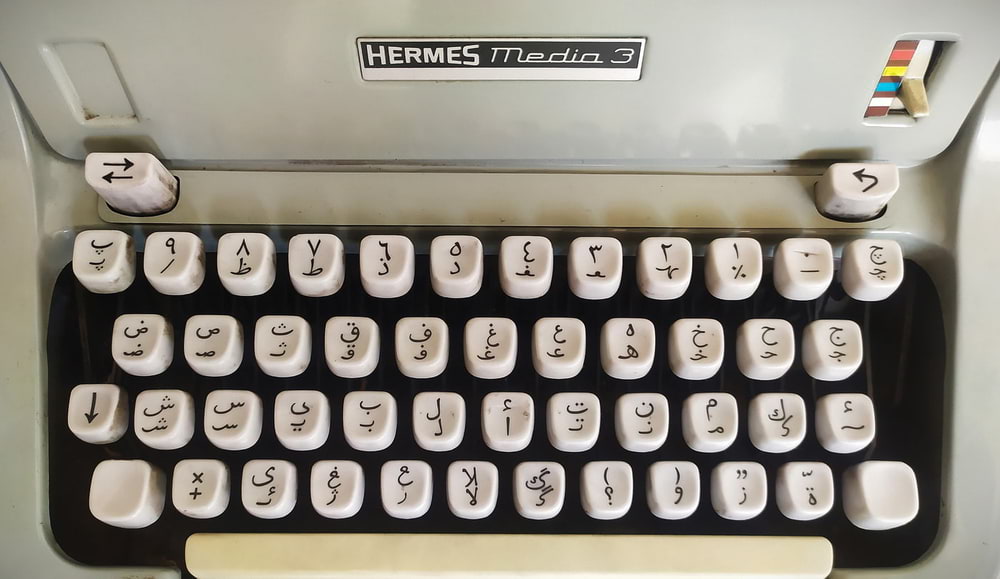
The toolbox aims at collecting all available digital resources that are relevant to Iranian Studies & related fields of study. It may help you to find:
- primary sources & academic literature
- manuscripts & objects in digital archives & collections
- historic maps, coinage, linguistic corpora
- academic publications & institutions
- podcasts, blogs & academic communities
- and useful apps for your research
Last updated: 25 July 2024 (updates come every Thursday)
Latest toolbox entries
- Tehran Faculty of Theology and Islamic Studies (YouTube channel with video lectures & conversations with international academic guest speakers)
- Brethren of Purity (YouTube channel of a collective comprised of “followers of various schools of Islamic Philosophy and Mysticism” that run a quite active Twitter account)
- Logic of the Birds (a podcast series with international scholars on sufi poetry from various traditions & languages)
- Ancient Iran News (website that brings “news of research on the culture, history, religions and languages of ancient Iran”, also see their Twitter account)
- View more…
Follow the blog & toolbox
Subscribe to the Newsletter
Receive updates about the Toolbox and other fresh content, you may cancel anytime.
تاریکخانهی تاریخ
Tārīkḫāne-ye tārīḫ (the darkroom of history) presents one historic photograph every Tuesday. Suggestions are always welcome!
-
Kurdish women at a weaving loom in Iran (taken before 1895)
Please note: For now, this post about an early photograph is still a draft or perhaps more an idea for a research topic. In the course of time, it will be expanded into a blog post that traces the background story of the photograph. If you are interested in writing a blog post about this…
-
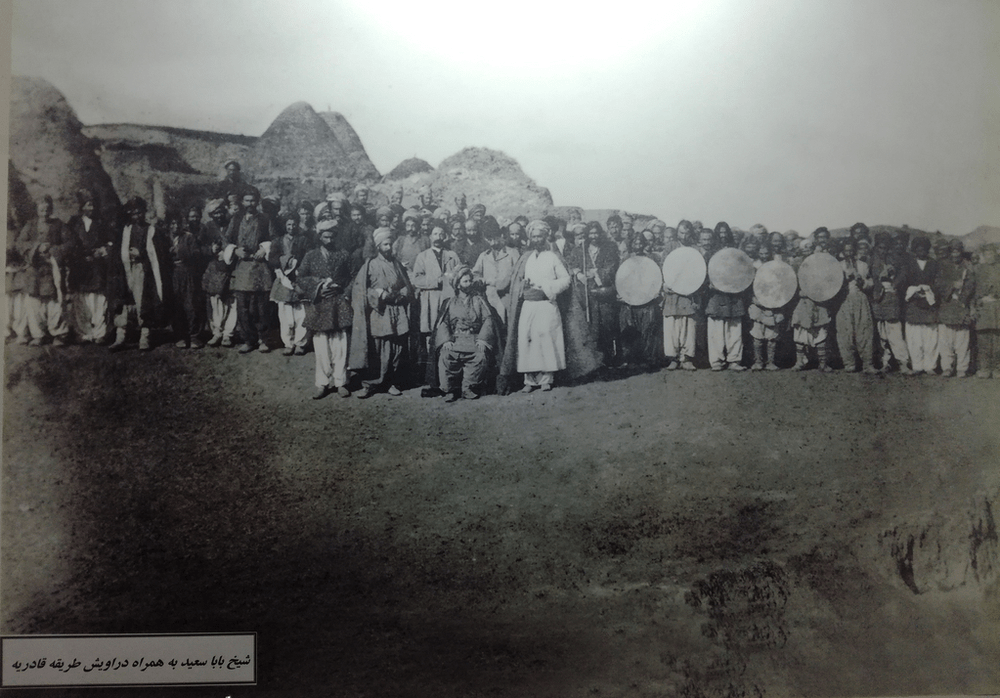
Sheikh Bābā Saʿīd Barzanǧī and his dervishes
The image shows Sheikh Bābā Saʿīd Barzanǧī (sitting) with his followers/derwishes (as he was a Sheikh of the Qaderiyya order). He was hanged in 1914 in Kahrīze by the Ottomans on the charge of having cooperated with Russian forces and offering support to Christians. Born in the village of Ġous̲ābād ca. 1856 (I found two…
-
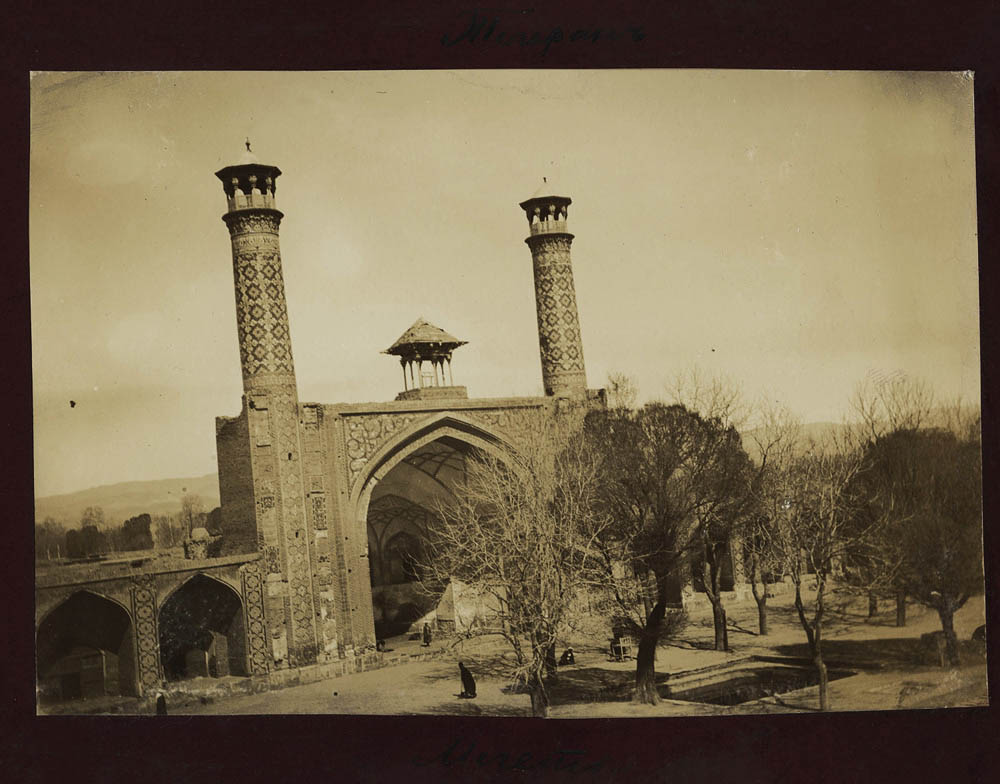
The Shah Mosque (the Soltāni Mosque) in Tehran
Please note: For now, this post about an early photograph is still a draft or perhaps more an idea for a research topic. In the course of time, it will be expanded into a blog post that traces the background story of the photograph. If you are interested in writing a blog post about this…
From the blog
-
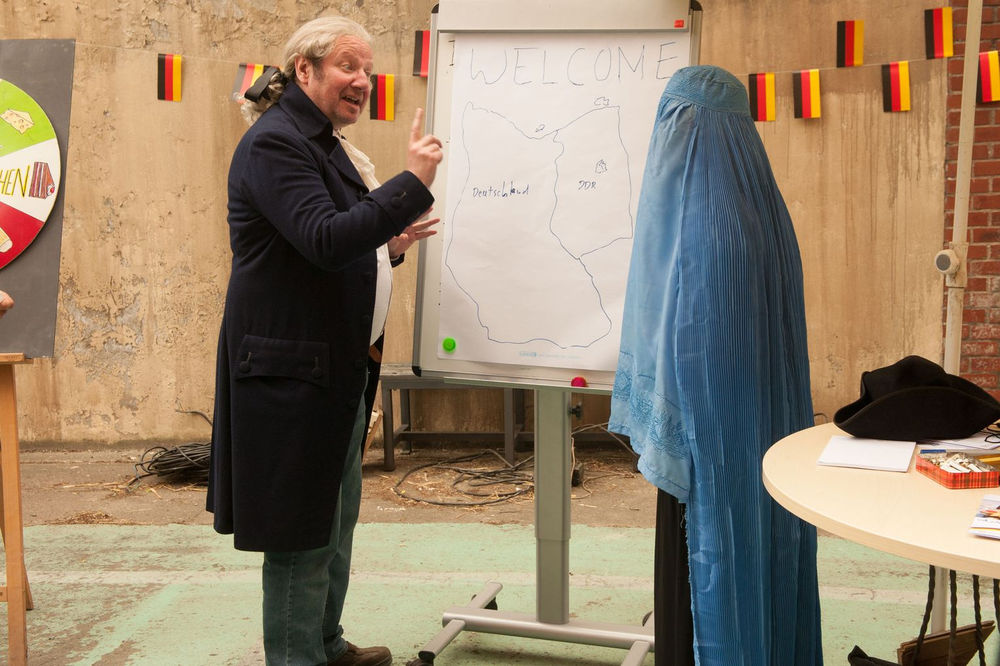
Deutscher Comedy-Preis für eine Verhöhnung Afghanistans
Verspätete Gedanken zur Comedy-Serie “Das Institut: Oase des Scheiterns”, die in der fiktiven Stadt Kallalabad im ebenso fiktiven Land Kisbekistan spielt und 2018 den deutschen Comedy-Preis gewann.
-
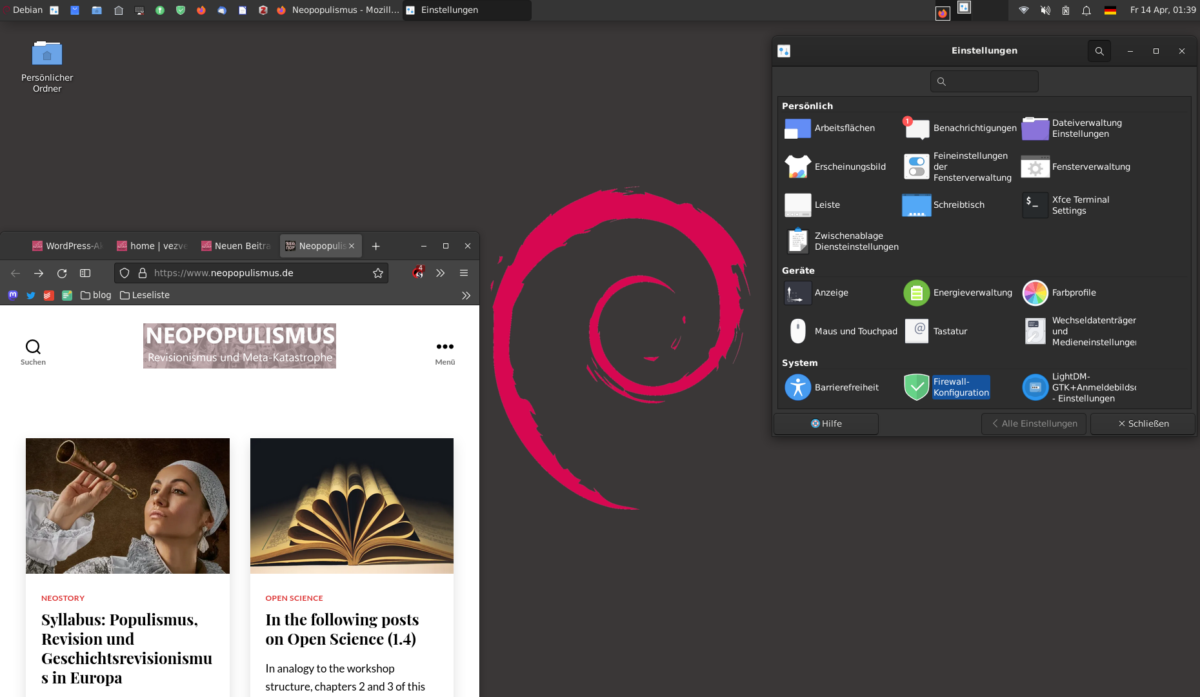
Über Schlaflosigkeit, GNU/Linux und Open Science
In diesem ersten Teil einer Blogartikelserie über Open Science, die in gedanklicher Auseinandersetzung mit den Texten meines Bloggerkollegen Thomas Schad entsteht, geht es um eine schlaflose Nacht vor dem Laptop und erste Assoziationen zu Begriffen der sogenannten Digitalen Transformation.
-

A digital toolbox for Iranian Studies and related fields
A research repository for finding sources, literature, and more.
Disclaimer
vezvez-e kandū is a an independent research project to advance academic and public knowledge in the field of Iranian Studies. This blog is not funded by and not affiliated with any political or religious institution, group, party or movement. Any links shared on this blog or mentions of names are not endorsements.
